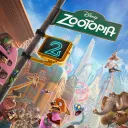The Time-Crossed Legacy: How Back to the Future Influenced Godzilla and the Evolution of Cinema
Oct-09-2024
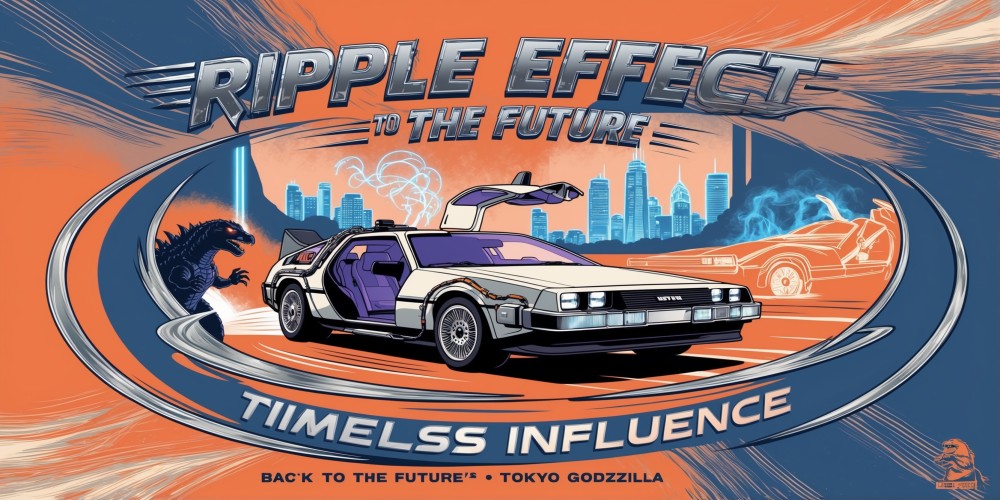
The impact of cinema on cultural trends is profound, often creating ripples across various genres and franchises. A prime example of this can be seen in the legendary "Back to the Future" franchise, a series that not only enchanted listeners with its engaging tale but also reshaped the science-fiction genre as we know it. Its influence reached far beyond the borders of Hollywood, sparking changes even in distant Japan where the iconic Godzilla series was revived to chase after the popularity that Back to the Future had effectively garnered. Let’s delve deep into how this phenomenon unfolded, exploring the layers of influence that have made a lasting mark on both franchises.
An Unprecedented Success
The remarkable journey of "Back to the Future" began with the original film, which took the world by storm upon its release. It broke box office records and introduced audiences to an innovative narrative style that seamlessly blended science fiction with comedy.
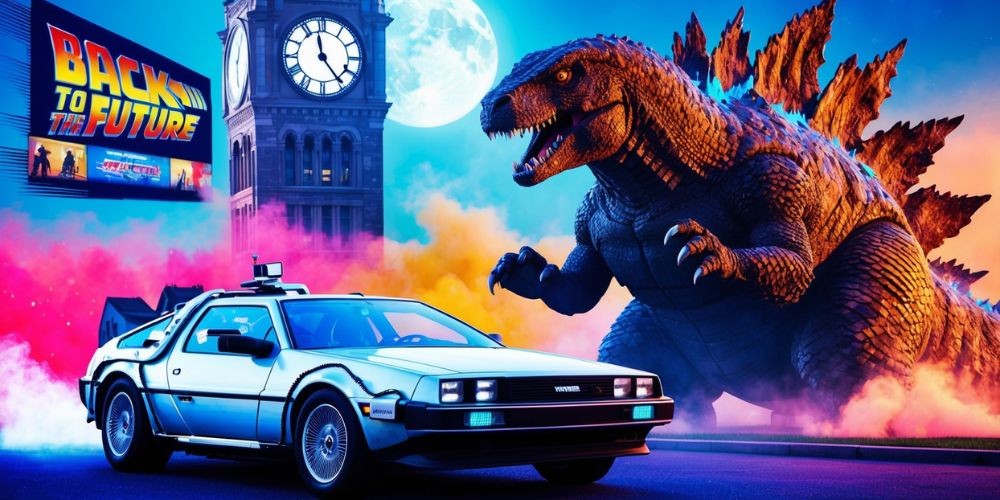
Cultural Significance
The cultural significance of "Back to the Future" cannot be emphasized enough. It established a precedent for the portrayal of time travel in film and left an indelible imprint on viewers’ psyches.
The Legacy of the Franchise
Following the initial success, the franchise continued with sequels that expanded its universe and deepened the narrative. The second film, in particular, is famous for how it tackled the theme of time travel head-on, which, unknowingly, set the stage for other filmmakers to take similar creative routes.
A Time Travel Trope Emerges
The introduction of time travel as a key narrative mechanism in "Back to the Future" drew fans’ attention and showcased the possibilities that such a complex story structure could deliver.
Growing Popularity in the Genre
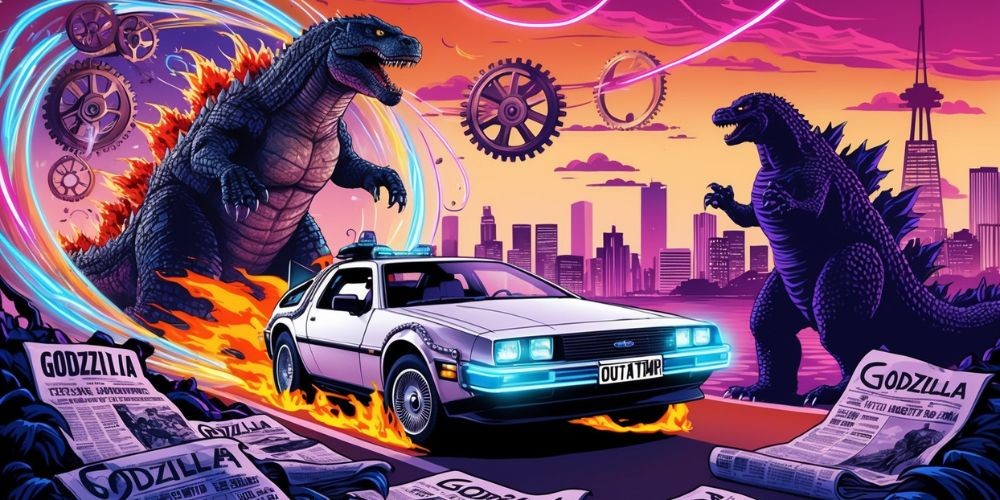
While the time travel trope wasn't new, its application in "Back to the Future" revitalized interest in the concept, inspiring countless filmmakers to explore similar themes in their creative endeavors.
The Influence Spreads
This newfound fascination wasn't confined to Hollywood alone. It resonated globally, catching the attention of directors and producers across the world, including those behind Japan's beloved Godzilla franchise.
A Direct Correlation: "Godzilla vs. Biollante"
In an intriguing intersection of cinema, Kazuki Omori, the director of "Godzilla vs. Biollante," acknowledged the direct impact that "Back to the Future Part II" had on the reception of his film.
Audience Engagement
During an interview, Omori noted that when producer Tomoyuki Tanaka attended a screening of "Godzilla vs. Biollante," he was taken aback by the substantial audience drawn to "Back to the Future Part II" which was also showing at the same time. This piqued his curiosity and raised questions about why it was more successful.
The Time Travel Realization
Omori described Tanaka’s bewilderment, indicating that it was the elements of time travel within "Back to the Future" that made it particularly appealing to younger moviegoers. This realization marked a significant turning point in Tanaka's perception of the genre.
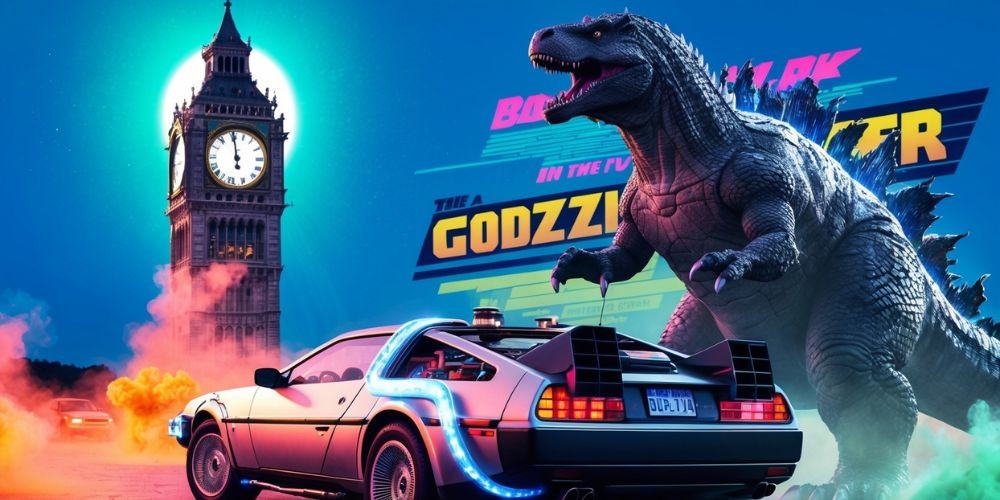
Reevaluating the Trope
Interestingly, Tanaka had previously expressed disdain for the time travel concept. He was wary of the implications it brought along, believing it opened a Pandora's box of narrative possibilities that could lead to story inconsistencies.
A Change in Perspective
However, witnessing the commercial success of "Back to the Future," he couldn’t ignore the brewing trend. Tanaka informed Omori that he wanted to incorporate the time travel element into the next Godzilla film, changing the course of the franchise.
Embracing Innovation
Omori embraced this new direction with enthusiasm, recognizing that the time travel trope could infuse a fresh layer of excitement into the Godzilla narrative. This collaboration paved the way for "Godzilla vs. King Ghidorah."
The Unique Addition to the Franchise
Marking a significant departure from previous Godzilla films, "Godzilla vs. King Ghidorah," released in 1991, uniquely incorporated time travel as a central plot device, thus standing out amongst the series.
The Wider Impact of Time Travel Concepts
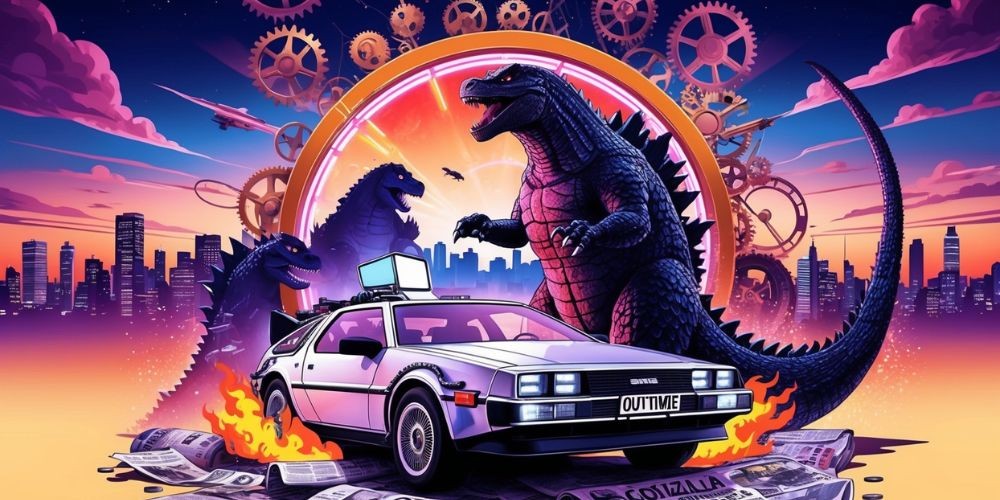
The integration of time travel into the Godzilla narrative can be viewed as a broader reflection of cinema’s evolution. It highlights how innovative films can reshape the creative landscape, inspiring other filmmakers to explore unexplored territories.
The Streaming Era
Today, the legacy of these two iconic franchises can be revisited thanks to streaming platforms. "Godzilla vs. King Ghidorah" is available for viewing on services like Prime Video, allowing new generations to experience the merging of traditional monster lore with modern narrative techniques.
Overall, the intertwining fates of "Back to the Future" and the Godzilla series underscore the intricate web of influence that films possess. As cinema continues to evolve, the echoes of ground-breaking works are likely to guide future creators into uncharted realms, fueling innovation and sparking the imaginations of audiences worldwide.
